How did the idea for “Hauipedia” come about?
At the end of March this year, I visited my cousin and podcast partner Marcel, who has been living in Dublin for a few years, for the second time. We quickly realized how much our interests overlap and how this always led to good conversations. It was particularly interesting to compare Dublin and Ireland with East Westphalia and Germany. One evening, while we were having dinner in a quaint pub with live music, we had a spontaneous idea: “Let's just record these conversations and turn them into a podcast.” The name of the podcast was born from a combination of our last name and the idea of sharing knowledge and experiences. A few weeks later, we recorded our first episode and published it.
Podcasts have experienced extreme hype in recent years. How do you see the role of podcasts in today's information society, especially in the tech sector?
It is now well known that the tech and IT sectors are changing constantly and very rapidly. Technologies are developed further or replaced by new ones in a very short time. Compared to other media such as books, podcasts offer the opportunity to report on new developments on an almost daily basis. The recording, processing, and publication of a podcast episode can be done within a day. At the same time, it is also possible to stream the content on demand, which has gained popularity in the age of Netflix and Spotify.
One challenge is that the visual component is completely missing, of course. Personally, however, I see this as a good contrast to an otherwise often visually overloaded media landscape. Compared to film, television, or social media, podcasts can be consumed “on the side,” e.g., while walking, driving, or doing housework.
You are currently completing an apprenticeship at DTS to become an IT specialist for system integration, and you will take your final exam in January. What does a typical day in your apprenticeship look like?
It is very difficult to describe a “typical day.” We apprentices rotate through the individual departments, and both these departments and the day-to-day work there vary greatly. However, recurring tasks include checking and responding to emails, maintaining assigned support tickets, and coordinating with colleagues and the department. And drinking coffee, of course, is also part of it ?
What has been your most exciting project so far?
It was an on-site assignment for a customer that lasted several days. We had to install and wire various server, storage, and backup systems in two separate server rooms. What was particularly cool was the trust that was placed in us trainees, allowing us to do many things independently and also be involved in the planning of the project. Of course, there were always minor and major challenges that we had to overcome during this project. But this allowed me to gain a lot of new experience and take my technical know-how to the next level.
What advice would you give to someone who is considering starting an IT apprenticeship?
I would definitely encourage them to take this step. The future security and the fact that the training is very varied and exciting are just two of many good reasons. To experience the full spectrum of this training, I would always recommend doing it at an IT service provider such as DTS. Here, you simply have the opportunity to experience many different areas of the IT landscape up close. You never feel like you're treading water here, and you're always challenged to an appropriate degree.
How do you connect your training with the topics in the podcast? Are there any overlaps?
Definitely. Marcel and I immediately agreed that we would keep the topics in the podcast as open as possible. Since we both work in the tech industry and are also interested in technology in our private lives, we will certainly continue to address this in future podcast episodes. I can incorporate my experiences and knowledge from my training into the podcast and, hopefully, draw more attention to this great apprenticeship profession.
In your opinion, is there an IT topic that is totally underestimated, but that you would like to talk more about?
There are many topics that are still burning issues for us. We have an ever-growing list of topics. For example, we would like to talk about women in IT in the future. Unfortunately, there is still a significant imbalance between women and men working in this field. Added to this are unpleasant prejudices such as “women and technology.” And that's despite the fact that my experiences with women in IT, especially at DTS, have been consistently positive.
Making IT tangible – that's what you need in your job and for the podcast. How do you manage to explain technical content in a way that is understandable to non-technicians?
In my opinion, it has a lot to do with practice. Before my training as an IT specialist, I studied to become a teacher. There, too, you learn how to break down sometimes complicated content from your studies and make it understandable for students. Ultimately, it's about being able to put yourself in your counterpart's shoes and ask yourself, “Would I understand this without good technical knowledge?” If you then seek feedback, you can use it to improve your presentation style.
If you had to describe your training in the title of a podcast episode, what would it be called?
“Admin in Training – Between Error Codes and Moments of Success”
Last but not least: What can we expect from “Hauipedia” in the future – can you give us a sneak peek?
In addition to the “regular episodes,” which are released once a month, we are considering doing a series of special episodes that are very tech-heavy. That could end up being very nerdy, but it gives us the opportunity to explore the topics in greater depth without having to worry about appealing to everyone. If you think that sounds interesting, you should definitely subscribe to our podcast – we still have a lot of tricks up our sleeve. (laughs)



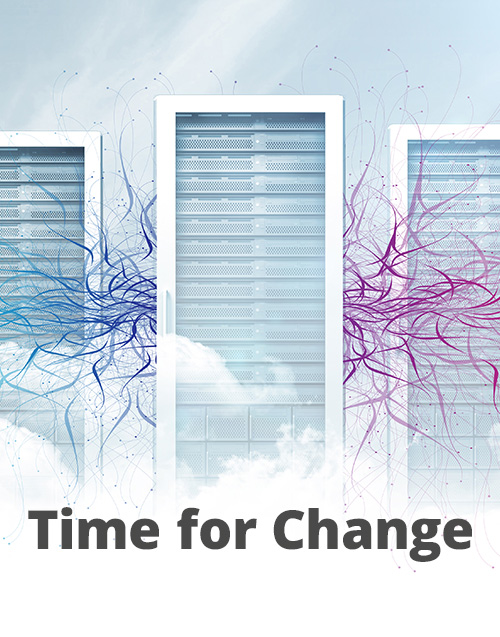
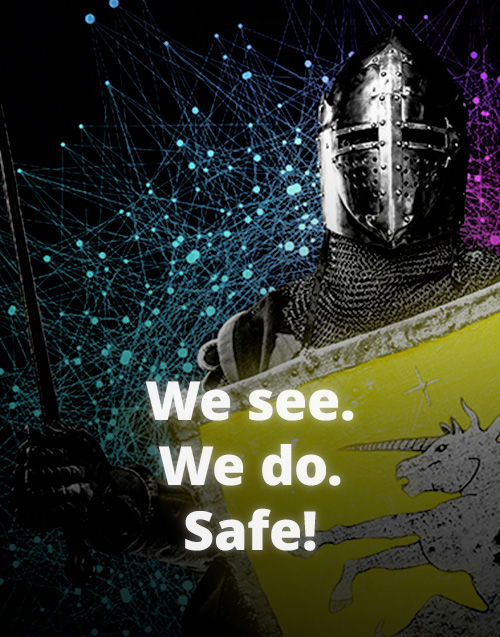


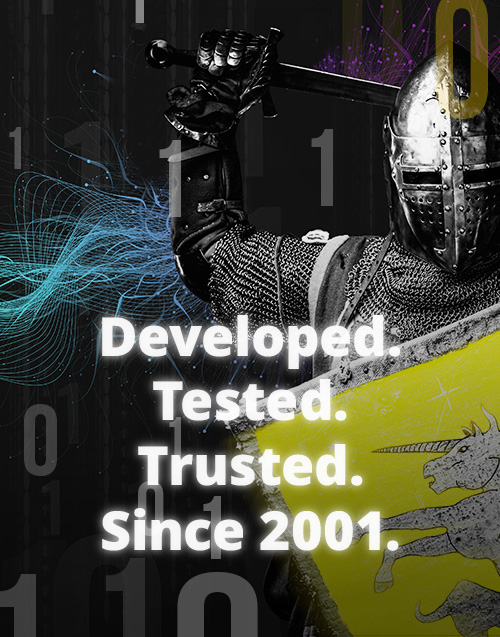


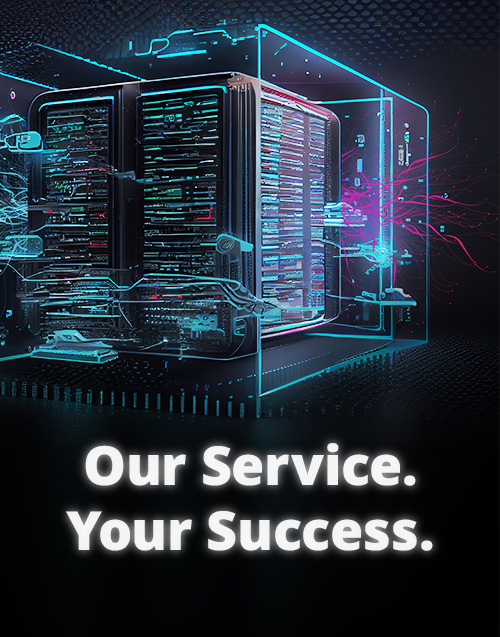



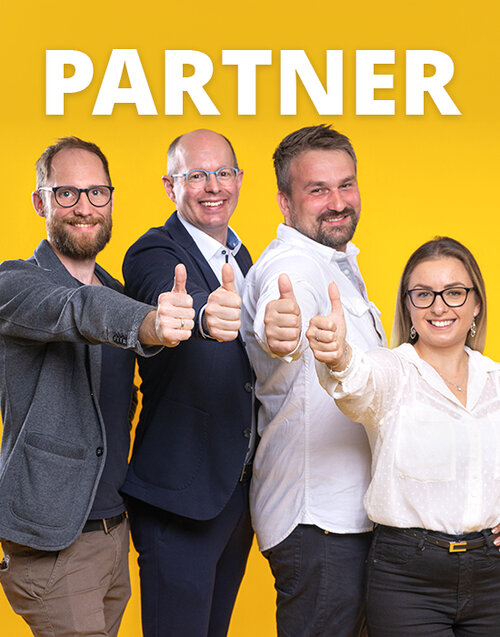

![[Translate to English:] [Translate to English:]](/fileadmin/dts/BILDER/IT-Wissen/Mitarbeiterblog/henry.jpg)